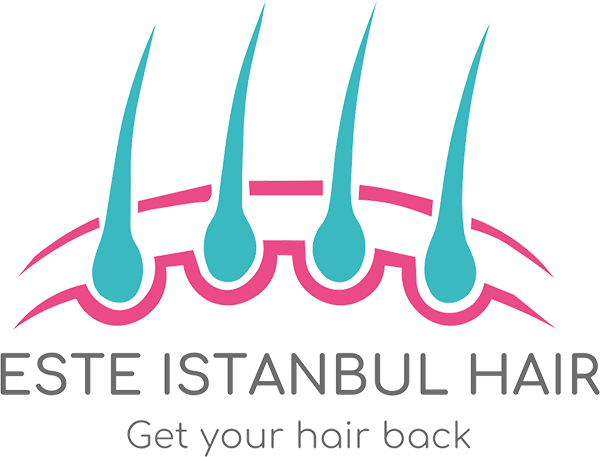Discover
Mustache
Mustache Transplantation
Overview of Mustache Transplantation
Mustache transplantation has gained popularity as mustaches are seen as symbols of masculinity, gentleness, and virility. Many men suffer from spotty and patchy mustaches due to hormonal imbalances, genetics, scarring, inflammations, and infections, which can affect their confidence. The good news is that mustache hair transplantation is a viable solution. The procedure is similar to hair transplantation but requires more precision since it is performed on the facial area, necessitating meticulous work to ensure favorable results.
The Process of Mustache Transplantation
A well-groomed mustache significantly enhances a man's appearance, while a sparse mustache can negatively impact his self-esteem. Mustache transplantation can help men achieve a more charismatic look. At Este Istanbul Hair, we encounter many patients dealing with hair loss in various areas, and our successful results have transformed their lives.
Este Istanbul Hair stays at the forefront of hair transplantation technology, providing facial transplantation services as well. To ensure the best results, we begin with an analysis of your upper lip and donor areas, usually the neck. Using the FUE technique, hair is extracted and implanted in the recipient area. Typically, 300 to 500 hair follicles are needed, and the procedure takes about 2-3 hours.
Before and After Mustache Hair Transplant
To ensure successful mustache transplantation, certain precautions are necessary:
- Avoid smoking and alcohol before and after the surgery. Nicotine constricts blood vessels and reduces blood flow, hindering the healing process. Alcohol can interfere with anesthetic medications and increase bleeding and bruising.
- Inform your doctor about any chronic diseases, medications, and drug allergies.
- Wear clothes with zippers or buttons on the day of the procedure to protect the transplanted area.
- Have a light breakfast on the day of the surgery.
Complications Patients May Encounter
Mustache transplantation is more sensitive than other hair transplantation procedures, but the healing phase is quicker, with full recovery in 8-10 months. Post-surgery, some common reactions include:
- Bleeding and red spots in the transplanted area, which will fade in a few days.
- Swelling on the upper lip, which may cause temporary difficulty in eating.
- Crusting and itching on the upper lip, which should not be rubbed or scratched. These symptoms will subside in a week as the skin and hair follicles renew.
It is crucial to avoid sudden movements to protect the mustache hair follicles and ensure a successful outcome. One month after the surgery, patients may experience shock loss, which is a normal phase indicating new hair growth.
Causes of Mustache Loss
Mustache hair loss can result from various factors, including:
- Illness and Treatments: Cancer treatments like radiation and chemotherapy can cause hair loss, including mustache hair.
- Autoimmune Diseases: Alopecia areata Universalis can lead to hair loss across the body, including the mustache, as the immune system deactivates hair follicles.
- Hormonal Imbalances: Conditions like hypogonadism (low testosterone) can cause facial hair loss.
- Infections: Parasitic, bacterial, and fungal infections, as well as ingrown hairs, can result in a patchy mustache. Tinea (ringworm) and psoriasis can also severely affect mustache hair follicles.
- Inflammations: Infections and the presence of pimples can damage hair roots, leading to hair loss.
At Este Istanbul Hair, our experienced team ensures that mustache transplantation is performed with precision and care, helping men regain their confidence and achieve their desired look.

